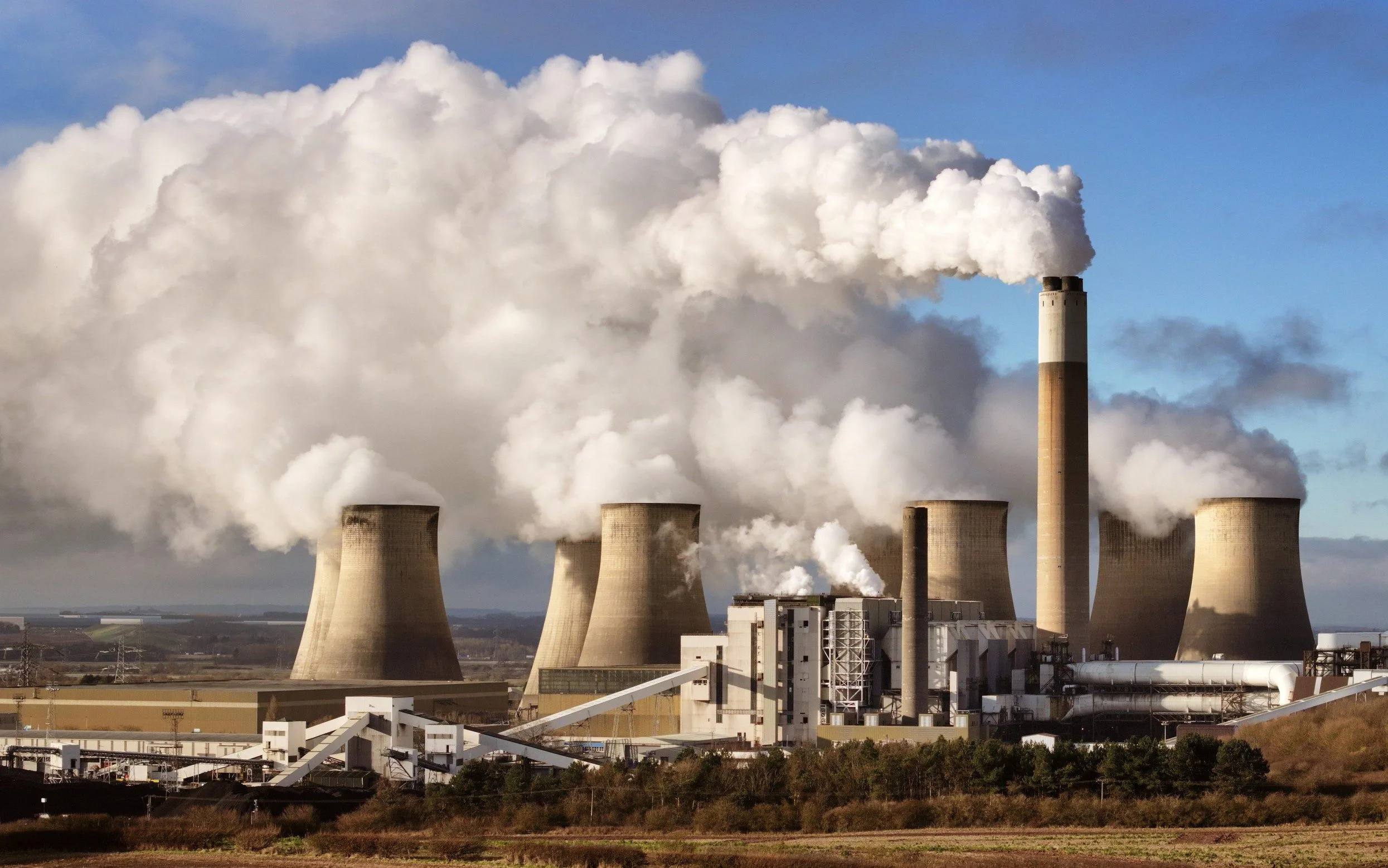The UK’s Historic Move Away from Coal
On Monday, Britain will close its last remaining coal power plant at Ratcliffe-on-Soar in Nottinghamshire, marking the end of an era. After powering the UK for 57 years, the plant will cease operations, concluding the country’s long history of reliance on coal, which began 142 years ago with the Holborn Viaduct power station in 1882. This milestone comes as part of the government’s policy to phase out coal, first signaled nearly a decade ago, with the UK turning the light out on coal once and for all.
Michael Shanks, the UK Minister for Energy, acknowledged the significance of this closure, stating, “Today’s closure at Ratcliffe marks the end of an era. Coal workers can be rightly proud of their work powering our country for over 140 years.”
Join our WhatsApp ChannelWhy the UK Turns The Light Out on Coal
The UK was the first country to set an end date for coal power, originally planned for 2025. However, the government advanced the deadline by a year, just before the UK hosted the UN’s Cop26 climate summit in Glasgow in 2021. The decision was driven by a combination of rising carbon taxes, stringent green regulations, and the rapid growth of renewable energy.
Phil MacDonald, managing director of the energy think tank Ember, reflected on this swift change: “This is the final chapter of a remarkably swift transition from the country that started the industrial revolution.”
A report by Ember highlights the global trend of coal power decline, with coal generation in OECD countries halving since its peak in 2007. Today, 27 out of 38 member states of the OECD have pledged to phase out coal entirely by the end of this decade.
The Closure’s Impact on Workers
The Ratcliffe plant once employed 3,000 engineers, but over the years, as coal’s contribution to the UK’s energy mix dwindled, so did its workforce. Currently, only 170 workers remain, many of whom will gather for a final live stream from the plant’s control room to witness the official shutdown. Peter O’Grady, Ratcliffe’s plant manager, noted the emotional impact of this event, saying, “This whole year has been a series of poignant moments. I’m sure there will be a few tears as the whole thing stops and as people leave.”
To support affected workers, Uniper, the German company that owns the plant, has worked closely with unions to help engineers find new roles either within the company’s other operations or through training programs. More than 100 workers are expected to stay at the site for the next two years to handle decommissioning activities.
A Global Leadership in Climate Action
Green campaigners see the UK turning the light out on coal as a global example of climate leadership. Ed Matthew, a director at the climate crisis think tank E3G, remarked, “The UK was the first country to build a coal-fired power station. It is right that it is the first major economy to exit coal power. This is true global leadership, lighting the path for other countries to follow.”
Environmental groups, including Friends of the Earth, praised the closure but urged the government to move swiftly toward eliminating gas power as well. Tony Bosworth, a campaigner for the group, said, “The priority now is to move away from gas, by developing the UK’s homegrown renewable energy potential as fast as possible.”
What’s Next After Coal?
Michael Lewis, Uniper’s chief executive, emphasized that while Ratcliffe’s closure is historic, it signals a shift toward a cleaner energy future. “This will be the first time since 1882 that coal has not powered Great Britain. As we close this chapter, we honour Ratcliffe’s legacy and the people working here, while embracing the future of cleaner and flexible energy,” he stated.
While the UK turns the light out on coal, this is not the end of energy production in the region. Renewables such as wind, solar, and nuclear are taking up the mantle as the UK aims for a net-zero carbon future. The Ratcliffe shutdown serves as a reminder of how quickly energy landscapes can change—and how essential it is for economies to embrace those changes to meet environmental and economic needs.
As Britain bids farewell to its last coal power plant, the country looks ahead to a future powered by cleaner, more sustainable energy sources, continuing to play a pioneering role in global climate action.
Emmanuel Ochayi is a journalist. He is a graduate of the University of Lagos, School of first choice and the nations pride. Emmanuel is keen on exploring writing angles in different areas, including Business, climate change, politics, Education, and others.
- Emmanuel Ochayihttps://www.primebusiness.africa/author/ochayi/
- Emmanuel Ochayihttps://www.primebusiness.africa/author/ochayi/
- Emmanuel Ochayihttps://www.primebusiness.africa/author/ochayi/
- Emmanuel Ochayihttps://www.primebusiness.africa/author/ochayi/


















Follow Us